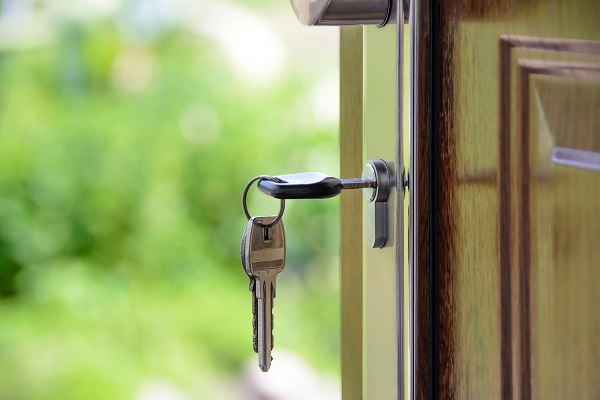Get Top Dollar for Your Home by Avoiding These Common Mistakes
Selling your home is a big decision, and it can have lasting financial consequences on your future. Make sure you’re capitalizing as much as possible on your home sale by avoiding these seven common home seller mistakes:
1. Not Analyzing Why You’re Selling
All home sellers should know why they’re selling. If you don’t know your motivation behind selling, it’s a recipe for not reaching your goals with the home sale. Maybe you’re looking to get the most money out of your home, or maybe you’re looking to sell quickly. Depending on what you want, you’ll approach the home sale with different strategies and tactics.
*Bonus Tip* Your motivation should be crystal clear to you and your real estate agent, but you don’t need to (or want to) share this information with prospective buyers. It only gives them potential ammunition at the negotiation table.
2. Not Getting Your Home Sale Ready
When it comes to homes, appearances matter. Especially before showings, make sure your home is spotless. (Clean like you’ve never cleaned before!) You only have a few moments to make a first impression, and that impression should be an overwhelmingly positive “wow.” (Get top tips here on upping your home’s curb appeal.)
You’ll have to discuss with your real estate agent how much money, time, and effort you should reasonably put into the home to get it sale ready, but neglecting to fix items like chipping exterior paint or not picking up your kid’s clutter in the living room before showing—yes, this happens!—can lose you potential buyers or push them to make lowball offers.
Remember to keep all this in context to your goals. If your aim is to sell as quickly as possible with less regard for how much you get, fixing up the house might not even be on the table.
(To fix up or to sell as is? That is the question. Read more about the debate here.)
3. Pricing Your Home Too High (or Low)
Setting your home’s listing price is one of the most difficult aspects of selling a home. Listing too high can scare off lucrative multiple buyers; listing too low can create an impression that your home isn’t worth as much as it should be.
This important decision is one of the biggest ways you’ll lean on your real estate agent. Picking an agent experienced in your market is key. This way, he or she will know what’s expected and reasonable for your neighborhood, city, or district. You’ll also want to choose an agency that utilizes every technological tool available. Curating sale prices for comparable homes with the latest technology can help you set an aggressive but not off-putting list price.
4. Being Overly Involved in the Showings
The last thing potential buyers want when they’re first touring a house is a pushy sales pitch. At this point in the process, they simply don’t want to hear about every improvement and benefit of the home. Buying a home is often more about the feel the buyer gets than any practical benefits, so you don’t want to hover and impede their ability to imagine themselves in that home.
Again, this is a place you will rely greatly on your Realtor. You want somebody helpful, knowledgeable, and personable but not overtly salesy.
5. Not Disclosing Everything on the Contract
If you know a window upstairs leaks or there was water damage and mold in the bathroom, it’s tempting not to disclose that unfavorable information in the contract. However, sellers are obligated to disclose what they know about the home, and in certain cases, willfully failing to do so could even result in legal action.
For your own peace of mind and to help ensure the real estate deal doesn’t fall apart, be proactive about listing whatever you can think might be relevant on that disclosure form.
Working with an experienced Realtor will ensure every aspect of your contract of sale, including the disclosure form, is spelled out thoroughly and correctly.
6. Making Information about Your Home Inaccessible
Lots of potential home buyers just want to learn a bit about a home before getting hit with a sales pitch. When allowed to do a bit of independent research, those casual lookers could become serious buyers…if you don’t scare them off!
Consider adding a prerecorded hotline with a specific ID number for your property. This provides information about the home at any time of the day or night, without making your prospective buyers talk to anyone before they’re ready. Always provide a number with a live agent as well for those who are at that point in the buying process.
7. Not Getting Your Mortgage Preapproval before Selling
Selling a vacant home can fetch you a lower price. (Read the data here.) That doesn’t mean you shouldn’t be planning for your move after you sell your home, though. If you’re seeking financing for your next home purchase, talk to a lender to get your mortgage preapproval lined up. That way, when your home does sell, you’re poised to make a quick and seamless purchase of your new home.
Selling your home is likely one of the biggest financial decisions of your life. To reach your goals with the sale, make sure you’re working with the right real estate professional. You want someone experienced, knowledgeable about your neighborhood, and committed to listening to what you need. Think that could be us? Let’s start a conversation today!

















